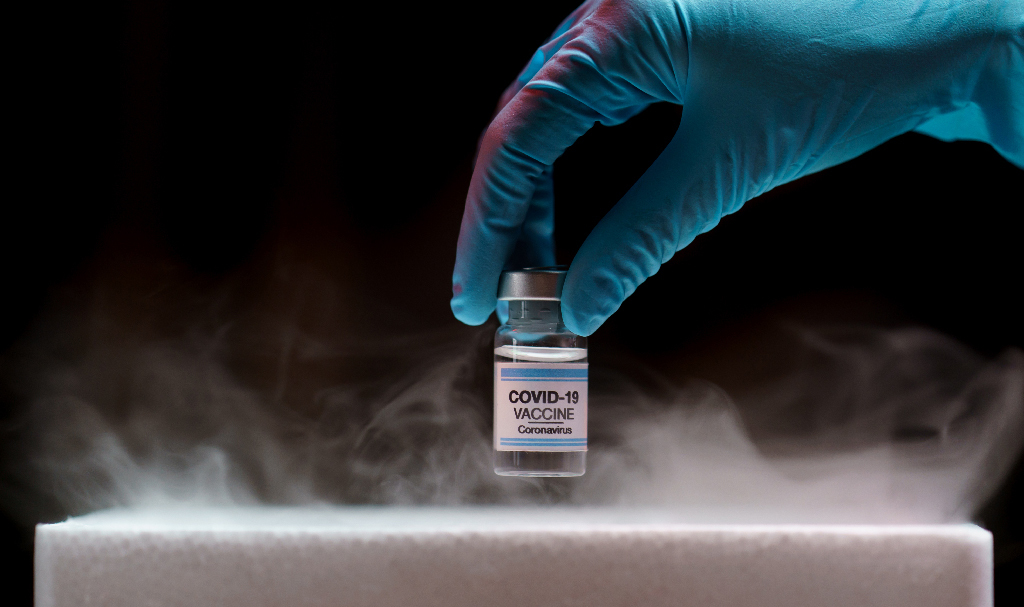[ad_1]

AsianScientist (Dec. 14, 2020) – Singapore has granted approval for the Pfizer-BioNTech COVID-19 vaccine and will receive its first doses by the end of the month, making it one of the first countries to deploy the vaccine. Healthcare workers and frontline personnel will be prioritized, Prime Minister Lee Hsien Loong announced on Monday. Following that, workers at nursing homes, the elderly and others in high-risk groups will get vaccinated in a progressive rollout.
“We set aside more than S$1 billion, placing multiple bets to sign advanced purchase agreements and make early down payments for the most promising candidates, including with Moderna, Pfizer-BioNTech and SinoVac. We also supported local efforts to develop a vaccine,” Lee said in a televised national address. “This way, we built up a diversified portfolio of options to ensure that Singapore would be near the front of the queue for vaccines and not last in line.”
The vaccines, which will be made free for Singaporean citizens and permanent residents, come from diversified sources including Moderna, Pfizer-BioNTech, SinoVac and a collaboration between scientists at Duke-NUS Medical School and American biopharmaceutical firm Arcturus Therapeutics.
In considering which vaccines to procure, Singapore’s committee of experts likely considered scientific and logistic factors. For example, the type of vaccine, the number of doses needed, and its efficacy in patients of different age groups and health conditions are all criteria to be taken into account. Vaccines made out of inactivated viruses, vaccines that make use of other viruses to transport a piece of the SARS-CoV-2 gene into cells, and vaccines that use manufactured RNA, all work differently to build immunity.
Apart from efficacy and price, each vaccine also has its own advantages and drawbacks that will impact decision-making. Each vaccine has its own particular storage requirements; for instance, Pfizer-BioNTech’s vaccines need to be kept at -70°C compared with Moderna’s -20°C to maintain their efficacy, requiring sophisticated cold-chain handling and adding to storage costs.
Picking vaccines from a variety of sources allows Singapore to procure more doses amid high global demand, Associate Professor Hsu Li Yang, an infectious diseases expert from the NUS Saw Swee Hock School of Public Health, told The Straits Times.
Apart from scientific and logistical concerns, the Singapore’s committee of experts likely had to take into account political considerations when selecting vaccine providers.
“Some firms may not want to sell to you, or will only sell a certain amount, while some countries may have export restrictions for COVID-19 vaccines made on their turf,” University of Hong Kong Professor Gabriel Leung told the South China Morning Post.
———
Copyright: Asian Scientist Magazine; Photo: Shutterstock.
Disclaimer: This article does not necessarily reflect the views of AsianScientist or its staff.
[ad_2]
Source link